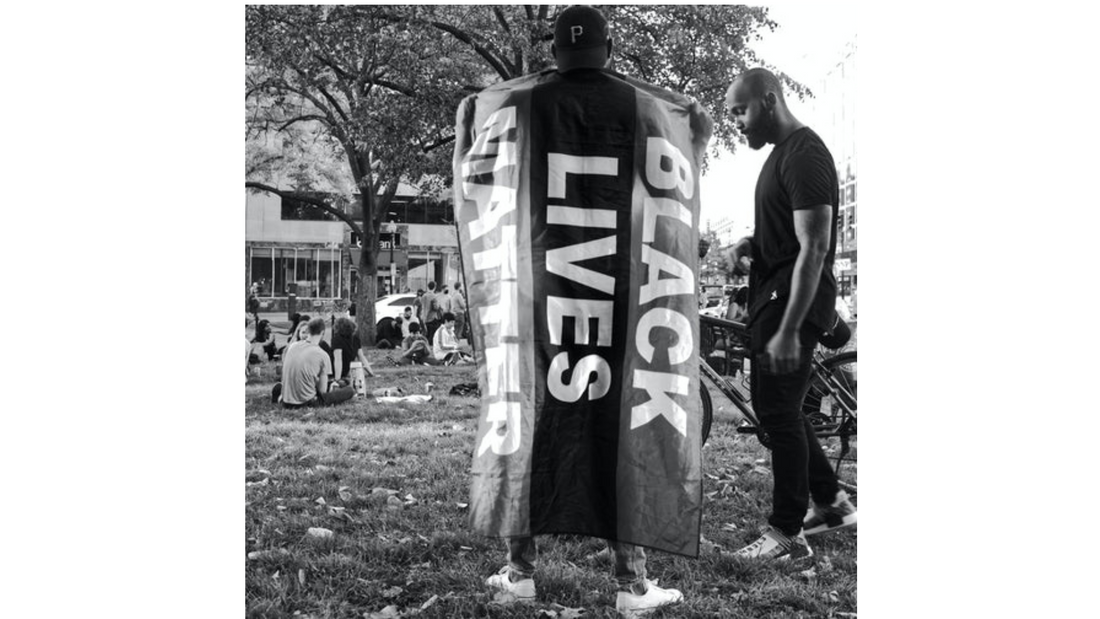
Are black men paranoid?
Share
We meet a lot of very interesting people in the bookshop, many with stories to tell and because the bookshop is a safe space many of them feel at peace to share their stories.
We were recently chatting to a senior psychologist from the NHS. We spoke about what she did and about mental health. She shared her frustrations and told us about her experience as a black woman in a role where black peoples needs are so often diminished and not considered real. As I had her attention, I asked her some simple questions. There is a disproportionate amount of black people (particularly men) in mental health institutions, is it because black people are more prone to mental health or is there another reason.
She gave me a long answer, but the part of her answer that has stuck with me is “A black man goes to the GP because he is feeling unwell and the GP sees that the black man has a high level of paranoia so he institutionalises him. Of course, he is paranoid, he is a black man, how else can he survive in this country”
A couple of days later I listened as a customer told me that sometimes her husband doesn’t come into the shop because it’s just easier. I looked at her and she looked back at me and said, “you know what I mean don’t you” and I did
Just this week my adult son was in an airport when a woman looked at him and his black friend who were in a departure lounge and told her friend she was worried about her bags.
I knew because I have seen it in the black men in my life, the things they gently avoid, not making a fuss, the attitudes they expect to encounter. The times they see people clutch their bags as they walk down the road. Just this week my adult son was in an airport when a woman looked at him and his black friend who were in a departure lounge and told her friend she was worried about her bags. You may think, so what, that happens to everyone. Maybe it has happened to you, maybe you’re a white guy, who can remember incidents when you were younger that sound familiar. The question is not if it happened to you, it’s how often did it happen to you?
Were you in a car minding your own business, when you were pulled over and humiliated in front of your partner by a young PC who kept calling you boy even though you were at least a decade older than him? (I can’t forget that day either)
Are you almost always followed around shops? Have you been refused entrance to a bar or club because there are already 3 other people who look like you inside? I could keep going. These aggressions are not micro they are macro.
So, the black man, tries to protect himself, he constantly reads situations, looks over his shoulder to keep himself safe, he looks after his family, particularly the constant assaults on the women in his life (but that’s another blog).
And then he becomes exhausted from it all. He tries to find safe spaces to express this exhaustion, but where are they? Who are the safe people? Can he tell his work colleagues that he is tired of second guessing why he can’t get served in a bar? Wondering if they can see the security staff following him around the shop. Can he explain to his college friends that the jokes and “banter” make him uncomfortable? He certainly doesn’t want to burden the black women in his life, who need him to be strong and already have so much to deal with. So, he bottles it. Keeps it to himself. But then the exhaustion starts to play havoc with his health and he is the one in hundreds who actually visit a doctor or a therapist of some sort. Only to be told he is paranoid.
You’re right he is. Because he needed to live for all the years before he got to this point.
So, what’s the answer. Because in case you needed me to say it, locking black men in mental institutions and pumping them with drugs is not the answer.
Listening. Mind blowing right?
What if black men were listened to? In the positions they hold in their workplaces, amongst their peers, friendship groups, when seeking advice. Because if you listened to them then health professionals would realise, they need better training to understand the black experience in the UK. They would recognise that listening therapies are just as applicable to black men. Because we all need to be listened to, we all need to be heard.
So, I’m giving this back to you. Because we are not bystanders to life, we are participants. Go and listen to a black man, really listen. It’s part of how you can be the change.
